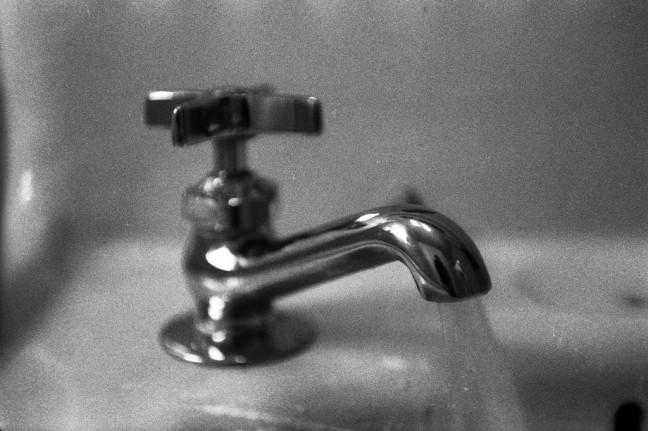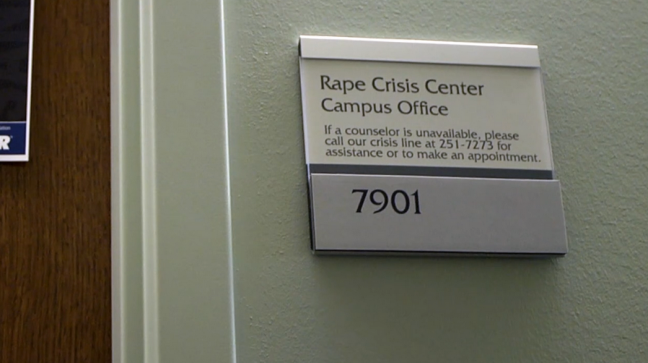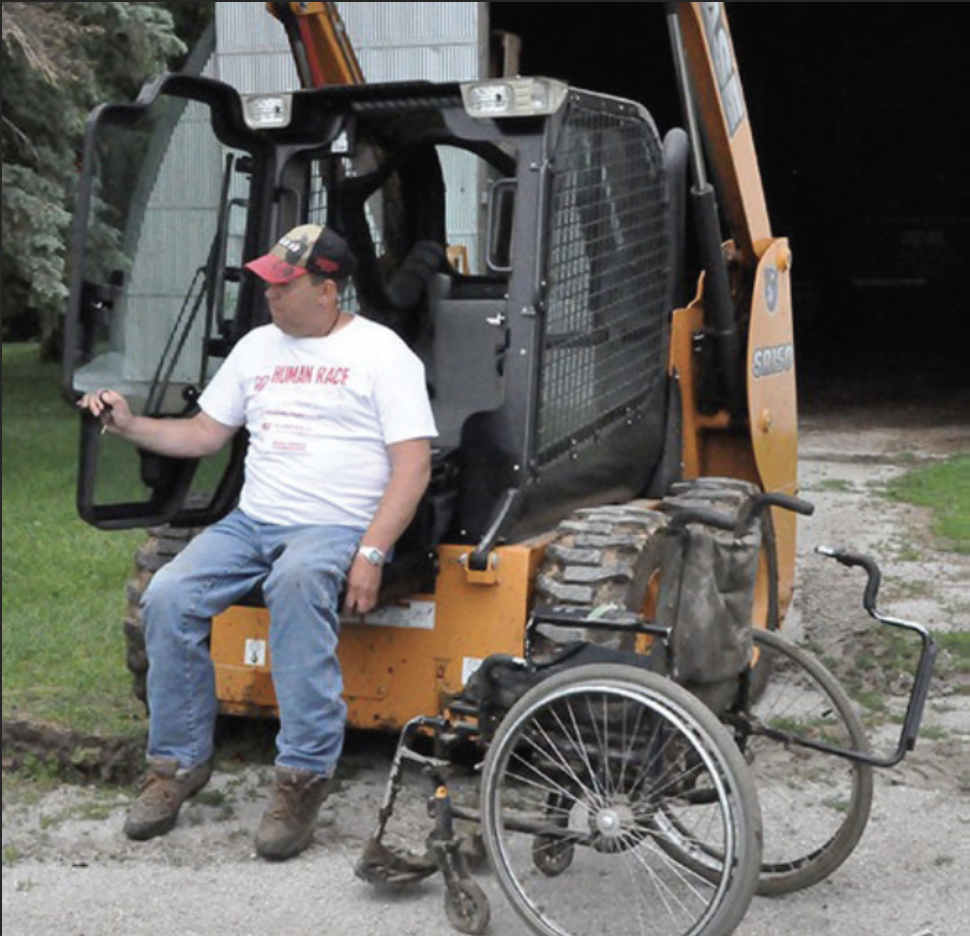How Madison gets its water is helping the city avoid tap water dangers prominent in much of the rest of the state.
Nitrate problems that plague much of Wisconsin have not spread into Madison’s water supply, despite it’s proximity to farmland, according to reporting from the Capital Times. Instead the city must contend with high sodium and chloride within the water supply before issues problem grows.
Unlike some cities which use reservoirs, Madison uses ground water from local aquifers, according to Dane County supervisor Patrick Miles, District 34. He said this means the city has “hard water” and contains a higher concentrations of minerals.
Miles said to combat this, most buildings are built with water softeners, devices which reduce mineral content using chloride. Chloride is then found in greater concentrations within the water supply and, while not known to cause health problems, can make water taste unpleasant, Miles said.
“Certain times of the year [water utility] is exceeding EPA [chloride] limits which is very concerning from a health and cost perspective,” Miles said.
If high chloride levels continue, Miles said the city will be forced to invest in equipment just to remove chloride from the water supply.
Miles said this equipment could have a price tag of around $1 billion.
Alternatively, the city could direct residents to upgrade their water softeners to tackle the problem before it reaches this point, Miles said.
Like most northern cities, Madison uses salt to de-ice roads and sidewalks during the winter. This leads to a build up of sodium in local aquifers Madison uses for tap water, according to Miles.
Ald. Zach Wood, District 8, said the well that serves much of campus occasionally produces water with sodium levels that exceed limits set by the EPA. He said this usually isn’t a problem unless individuals are watching their salt intake and agrees that de-icing is the biggest culprit.
Wood said the county is beginning to move toward a brine solution which uses less salt to reduce aquifer sodium absorption. Aside from using less salt in the winter, there is little local government can do to reduce high salt levels once it has seeped into groundwater.
Ald. Mike Verveer, District 4, said Madison hasn’t had a major tap water problem in the 90s, when lead was detected within the water supply. Lead is toxic to humans, especially in children, and can cause damage to the nervous system.
Verveer said the problem was caused by older lead pipes still being used and the city corrected the problem by directing all building owners to replace lead piping. Since then, the city sees very little, if any, lead within the water supply.
While groundwater remains relatively safe, Verveer said most of his constituents worry more about the health of surrounding lake water.
“In terms of constituents coming to me with water problems, most of it has to do with runoff into the lakes,” Verveer said.
Much of Madison’s surface is paved, which means pollutants go straight into bodies of water, Verveer said. This means phosphate and man-made chemicals are not given a chance to be filtered out by soaking into dirt. The county works to reduce this runoff through several phosphorus reduction initiatives.
















